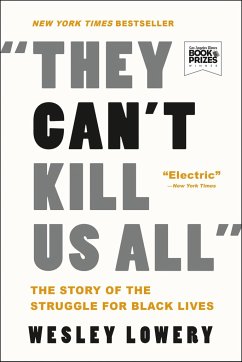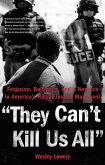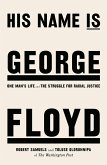An indispensable work of journalism that “is electric, because it is so well reported” (Dwight Garner, New York Times) by Pulitzer Prize winning reporter Wesley Lowery that describes the earliest days of #blacklivesmatter and brings to life the quest for justice in the murders by police of Michael Brown, Tamir Rice, and Freddie Gray as well as an intimate, moving portrait of the activists working to dismantle systemic racism in America Conducting hundreds of interviews over the course of one year of reporting on the ground, Washington Post writer Wesley Lowery traveled from Ferguson, Missouri, to Cleveland, Ohio; Charleston, South Carolina; and Baltimore, Maryland; and then back to Ferguson to uncover life inside the most heavily policed, if otherwise neglected, corners of America today. In an effort to grasp the magnitude of the repose to Michael Brown's death and understand the scale of the problem police violence represents, Lowery speaks to Brown's family and the families of other victims other victims' families as well as local activists. By posing the question, "What does the loss of any one life mean to the rest of the nation?" Lowery examines the cumulative effect of decades of racially biased policing in segregated neighborhoods with failing schools, crumbling infrastructure and too few jobs. Studded with moments of joy, and tragedy, They Can't Kill Us All offers a historically informed look at the standoff between the police and those they are sworn to protect, showing that civil unrest is just one tool of resistance in the broader struggle for justice. As Lowery brings vividly to life, the protests against police killings are also about the black community's long history on the receiving end of perceived and actual acts of injustice and discrimination. They Can't Kill Us All is a canonical work in the fight against police brutality. Lowery grapples with a persistent if also largely unexamined aspect of the otherwise transformative presidency of Barack Obama: the failure to deliver tangible security and opportunity to those Americans most in need of both.
Hinweis: Dieser Artikel kann nur an eine deutsche Lieferadresse ausgeliefert werden.
Hinweis: Dieser Artikel kann nur an eine deutsche Lieferadresse ausgeliefert werden.
A courageous chronicle of how police violence sparked a political movement ... A century and a half after slavery, and 50 years since the end of legal segregation, They Can't Kill Us All impressively brings us up to date with America's fraught history of racial injustice K Biswas New Statesman








